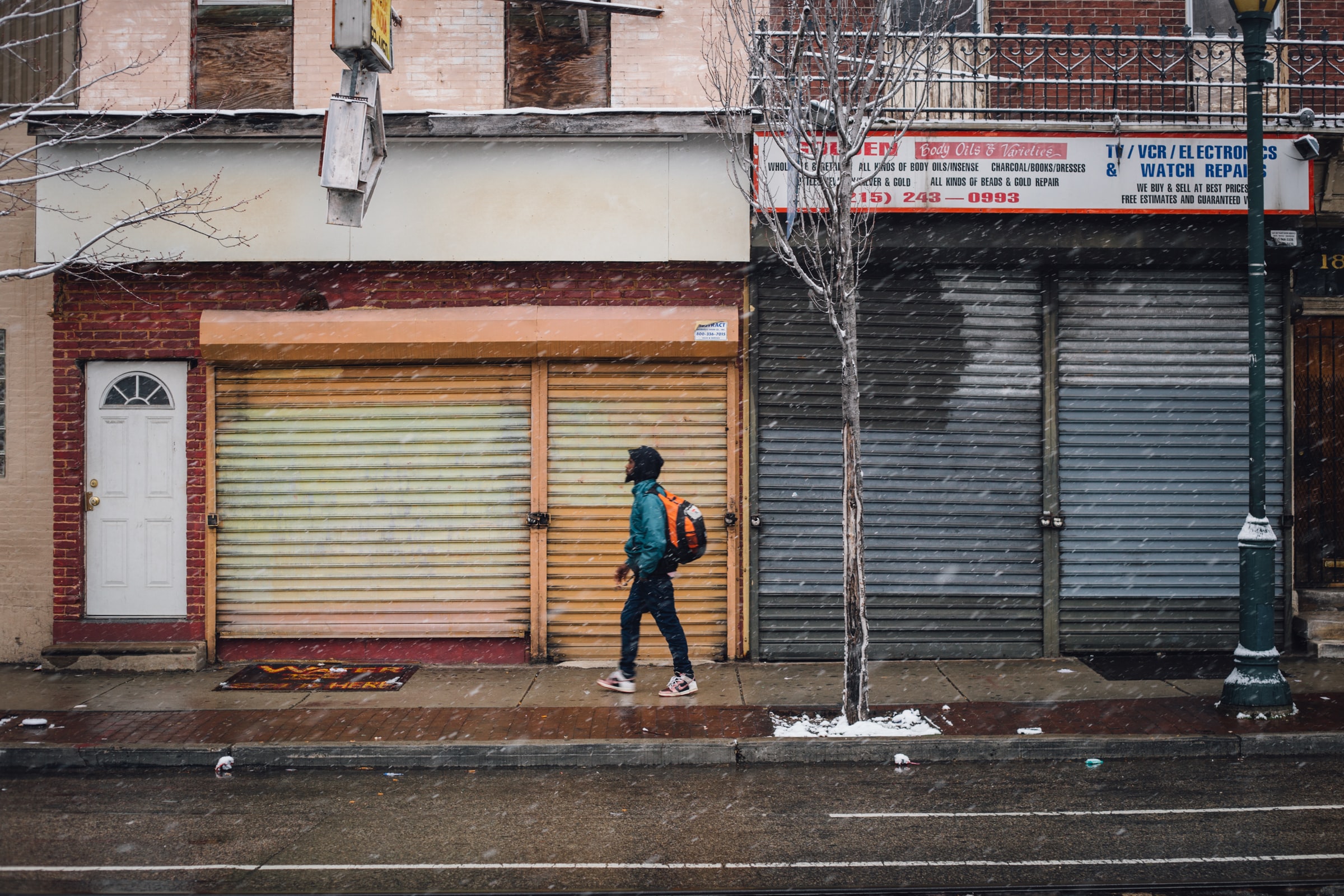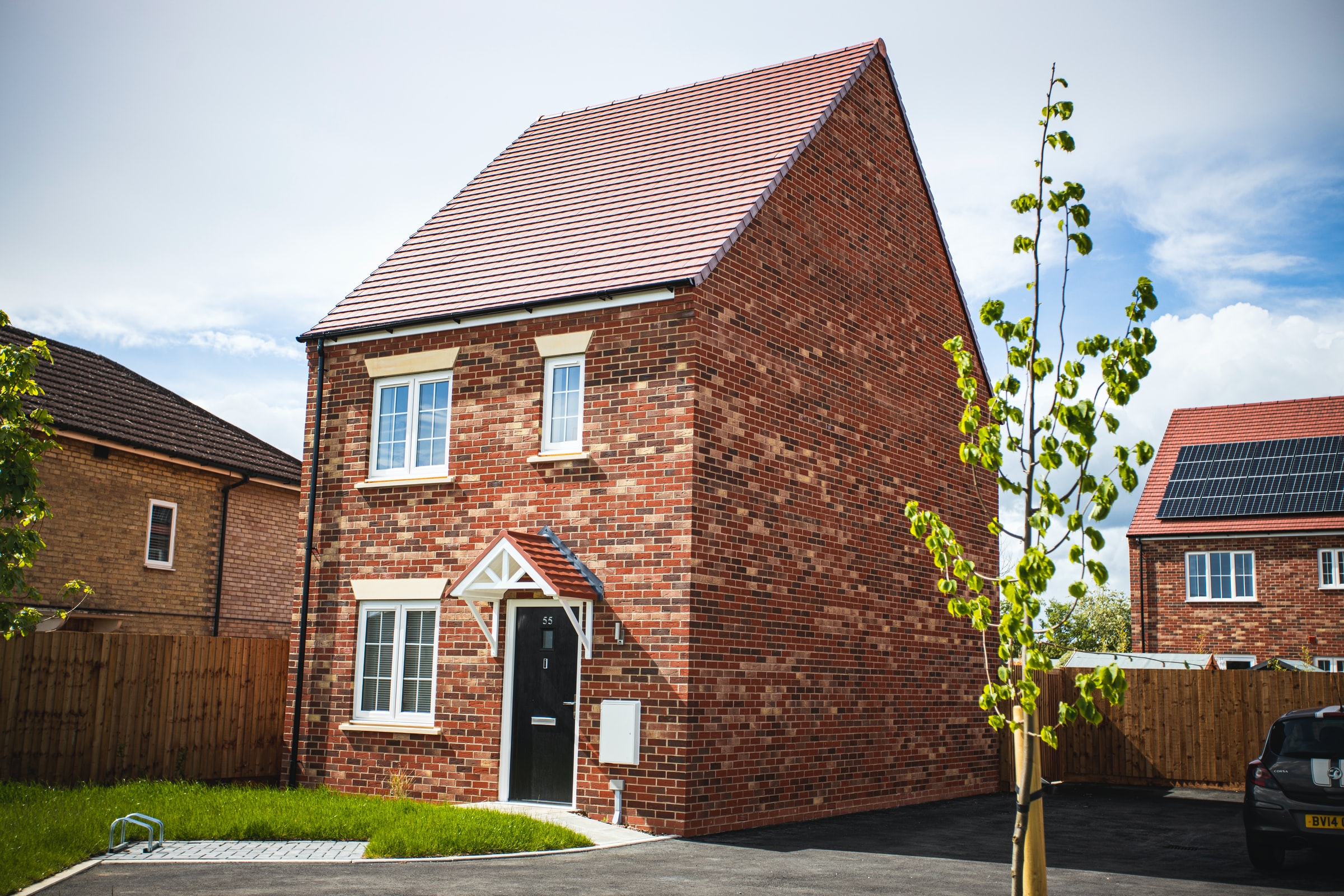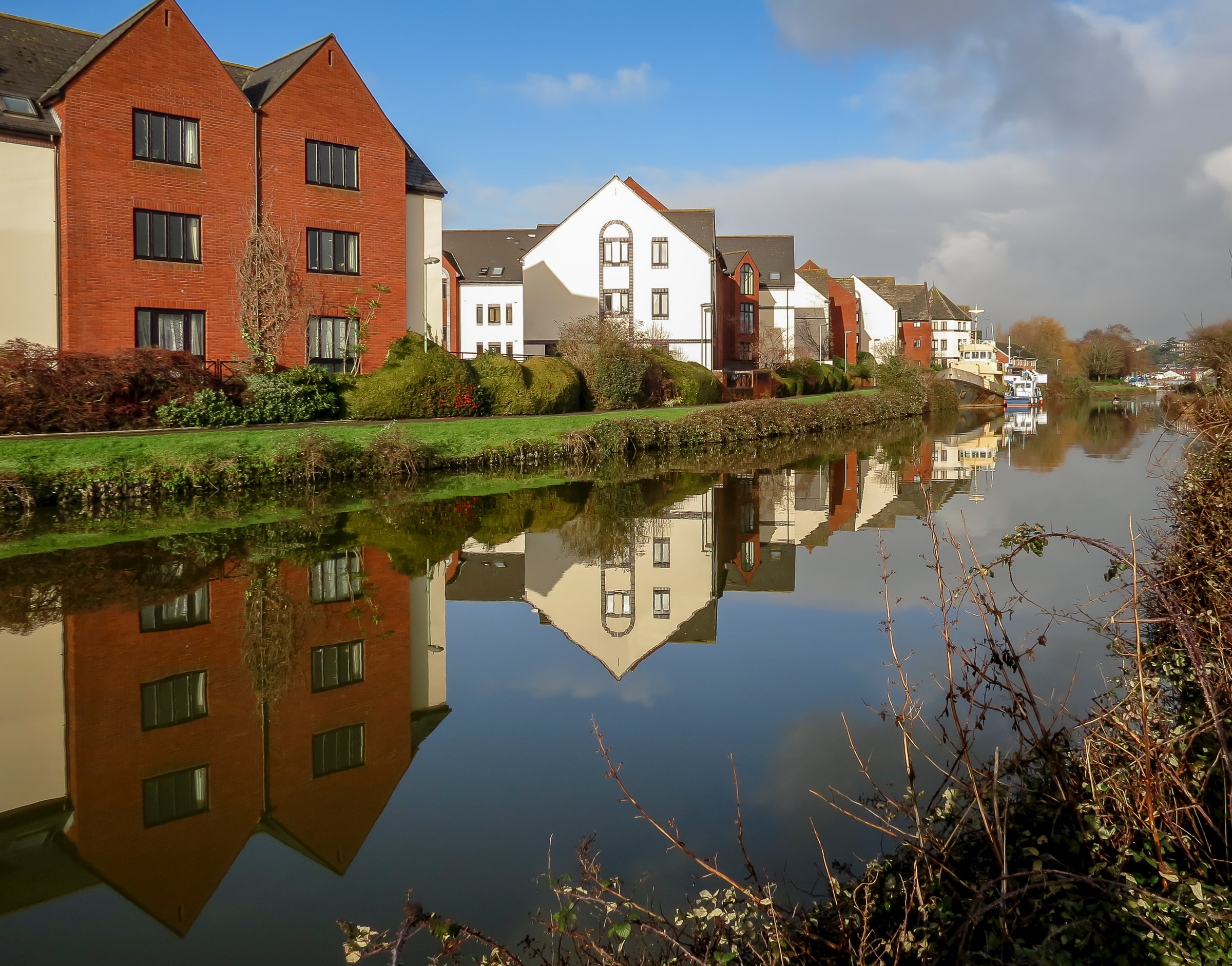When looking to buy a house, you may have heard that it’s important to get a survey done by a professional as soon as possible. Heck, you may even have heard it from us!
But what does that mean, exactly? What is a surveyor, what do they do? What happens if you don’t get your house surveyed? What’s the difference between a surveyor and a chartered surveyor? This blog post will answer all these questions and more.
What's Included?
What is a surveyor?
Surveyors are expert inspectors who look at the state a house is in. They find out if there is anything that you need to do before you move in. It’s important to get a surveyor in so that you can speed the process of completing your house purchase.
A surveyor can tell you what repairs need doing, whether there’s anything that needs replacing, and importantly, how to maintain your home so can keep it in the best condition possible.
“Chartered Surveyor” is a legally protected term. Only members of the Royal Institute of Chartered Surveyors (Rics) may use it. This doesn’t mean that their surveys are necessarily “better”. It just means that they’re from one of the more respected surveyor qualifying organisations in the UK.
Rics reports, Sava surveys and RPSA surveys
The most reputable surveyors in the UK are members of one of three organisations: Rics, Sava, or the Residential Property Surveyors Association (RPSA). All these organisations let you check that your surveyor is a trained professional with qualifications as opposed to a chancer or a cowboy.
Prices are quite similar between surveyors. Surveyors charge a flat rate depending on the amount of work you’re looking for. Rics surveyors offer three “levels” of survey based on the type of house. The RPSA only offers two “levels”, and Sava only offer one “level”.
Often, Rics surveyors are better if you are looking to buy an unusual property or a particularly old property. For standard houses, you may be able to get away with a surveyor from any organisation.
What are the levels of survey?
Rics offer three surveys:
- Condition Reports, which are appropriate for relatively new buildings and buildings in good nick. They look at what condition the house is in, what legal issues may arise, and any defect in construction that needs fixing urgently.
- Homebuyer Reports, which are appropriate for older buildings and buildings with minor repair issues. They offer much the same detail as a Condition Report, but also feature advice on repairing and maintaining the building. They may also come with a market valuation, and can flag up legal issues to discuss with your solicitor.
- Building Surveys will not be commonly used by first-time buyers. Very old buildings, buildings in major disrepair, and unusual buildings, e.g. buildings with thatched roofs will generally require a Building Survey.
Sava and the RPSA offer surveys that are similar to Level 2 and 3. Speaking to firms in your area over phone or email can help you understand what sort of surveys are on offer.
What can I expect to pay?
According to Which?, for a relatively new property or a home that is in good condition, a survey shouldn’t cost much more than £950. For an older property that is in reasonable condition, the survey may be slightly more expensive, at up to £1,000. And for homes that are in a bad way and in need of major renovation, or unusual homes, it can be as expensive as £1,500. Most people won’t need to pay more than £1,000 to get a surveyor to look at their chosen property.
Do I have to have a survey done?
Getting a house surveyed is not legally required, but this doesn’t mean you should skip it! It’s a good way of avoiding nasty surprises further down the road. Nobody’s forcing you, but you may end up kicking yourself later on if you don’t get it done. There may be something vitally wrong with the house. Once you complete the purchase, dealing with those problems becomes your responsibility. It’s better to find out early in the purchase process what needs doing before it’s too late.
What do I do after I get my survey back?
It depends what the survey says. If there’s nothing wrong with the house, then it’s likely you’ll want to continue with the process of completion. Should there be any issues, your surveyor will probably tell you what needs doing, what repairmen to get in touch with, and so on. If your home is in significantly bad shape, your surveyor may even ask you to think carefully about whether you’re willing to put in the time to put the house right. In any case, sitting on your hands doing nothing is probably not a good idea.
Overall
Getting your home surveyed is an important part of the homebuying process. that can save you a lot of headaches and trouble down the road. It’s a good idea for many reasons. You’ll thank yourself later for getting it done, so make sure you have a surveyor lined up and ready to go when you begin the process of buying a house.
Credit-Score offers two fabulous solutions
If you’re preparing to take a mortgage, never apply until you’ve tried our unique and FREE Credit-Score Home app. Our smart technology will tell you what you need to fix so you avoid rejection. The app predicts when you will be able to buy, for how much and tracks your month-by-month progress to mortgage success. We’ve even added your own mortgage broker, so you get the best deals available.
More focused on your credit rating? Well, get started for free with Credit-Score’s 24- Factor Credit Check to truly help you improve your creditworthiness and how lenders view you. (Remember: lenders don’t use your credit score! We’ll show you what lenders look for and how to get your credit report in the best shape possible).






